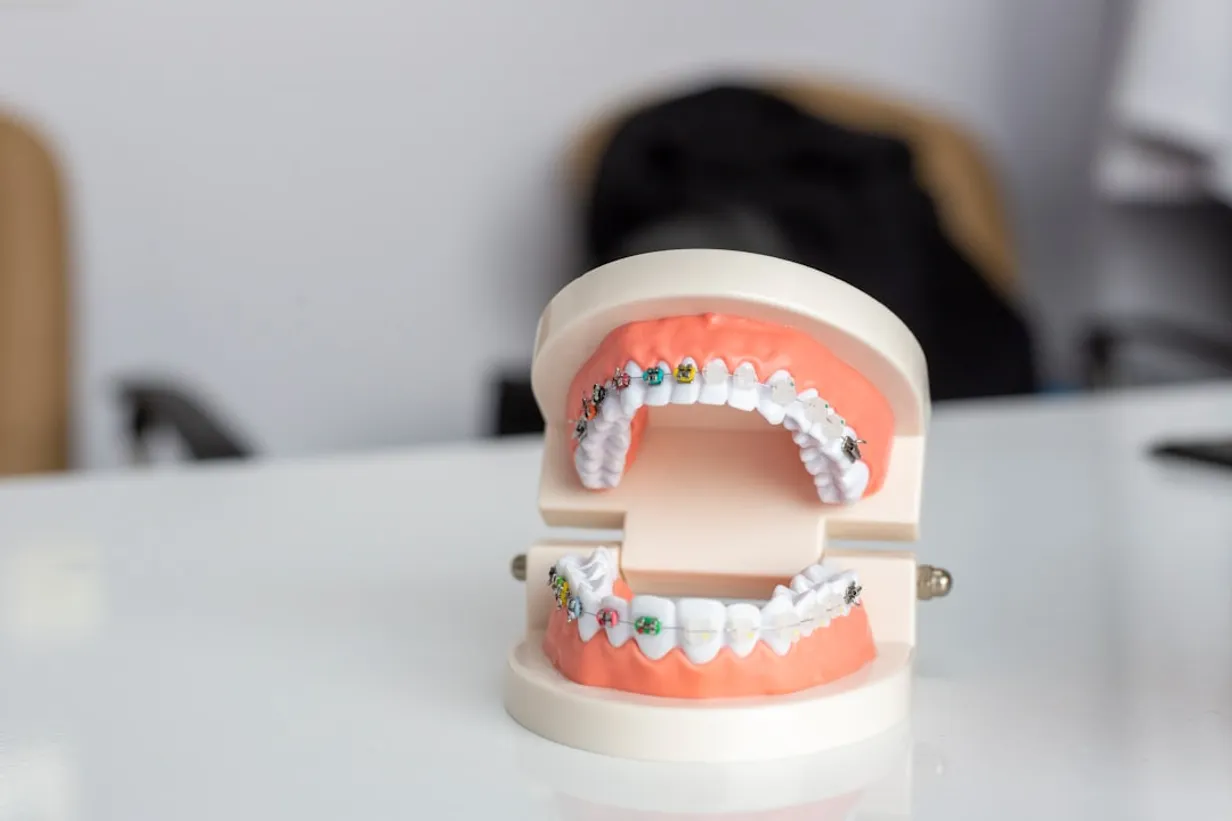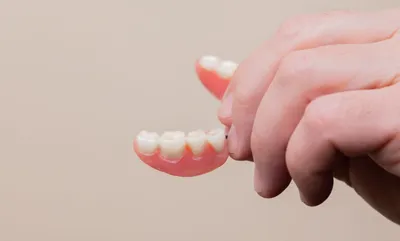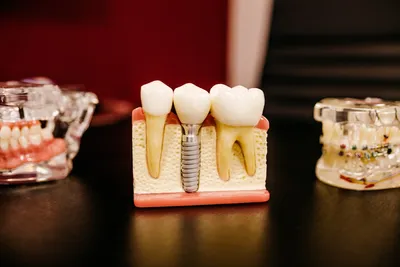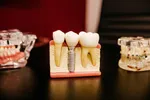
Understanding Gum Disease
Gum disease, also known as periodontal disease, is a common condition that affects the gums and can lead to serious dental problems if left untreated. It starts with plaque buildup, which eventually hardens into tartar, causing the gums to become inflamed and infected.
The Importance of Daily Oral Hygiene
Effective Brushing Techniques
Proper brushing is the cornerstone of preventing gum disease. Use a soft-bristled toothbrush and fluoride toothpaste. Brush at least twice a day, paying close attention to the gum line where plaque tends to accumulate.
Flossing for Healthier Gums
Flossing is essential for removing food particles and plaque from between your teeth and along the gum line that brushing alone cannot reach. Make it a habit to floss at least once a day.
Adopting Helpful Daily Habits
Rinse with Antimicrobial Mouthwash
Using an antimicrobial mouthwash can help reduce the bacteria that cause gum disease. Rinse your mouth with mouthwash after brushing and flossing for added protection.
Balance Your Diet
Maintain a balanced diet rich in vitamins and minerals, especially Vitamin C and calcium, to support gum health. Avoid sugary foods and drinks that can contribute to plaque buildup.
Regular Dental Check-Ups
Even with impeccable dental hygiene, regular dental check-ups are crucial. Your dentist can identify early signs of gum disease and provide professional cleanings to prevent any potential issues.
Conclusion
Preventing gum disease is achievable through consistent daily habits. By incorporating proper brushing, flossing, using mouthwash, maintaining a healthy diet, and regular visits to your dentist, you can ensure healthier gums and a brighter smile.
Popular Dental Care Guides
Discover our most popular articles that our readers find the most helpful and insightful, covering a range of dental health topics.



Related Posts
View All
3D Printing in Dentistry: Shaping the Future of Dental Treatments


